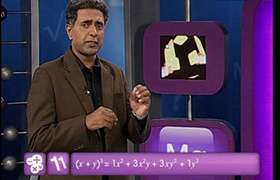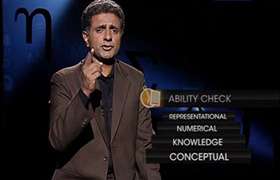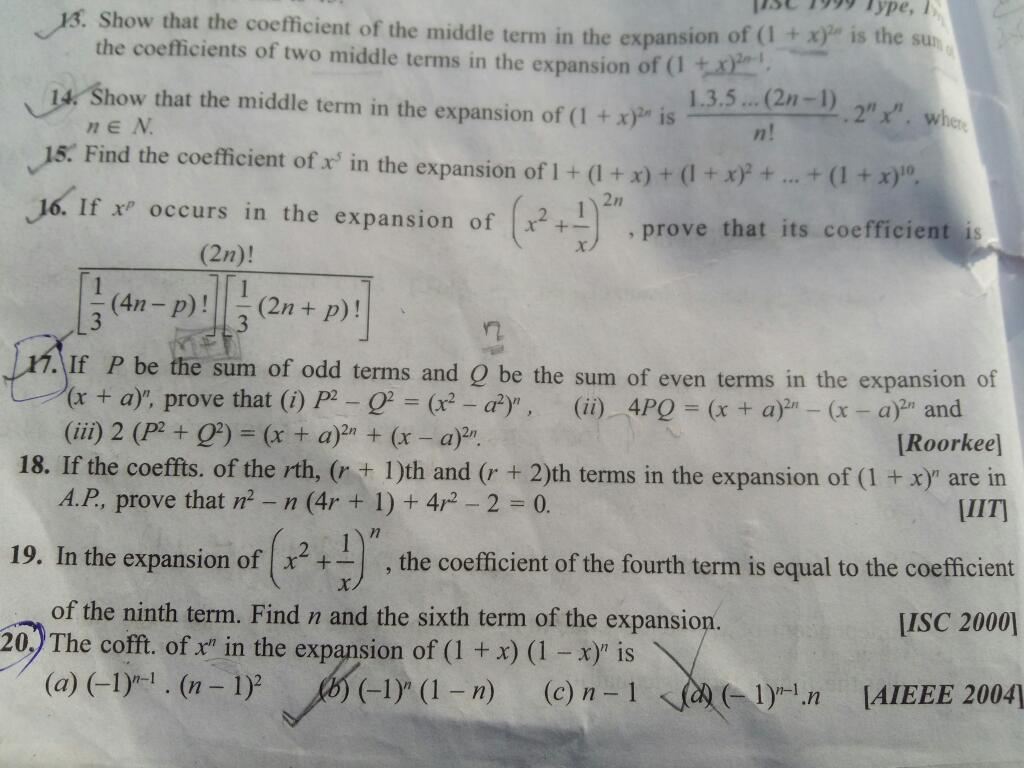CBSE Class 11-science Answered
For any natural number n, Prove that
 .
.
Asked by Topperlearning User | 04 Jun, 2014, 01:23: PM
The proof is obtainted by applying principle of mathematical induction.
Let the given statement be
P(n): 
For n = 1, we have
P(1) : 
Thus P(1) is true.
Suppose P(k) is true for some positive integer k, i.e.
We shall prove that P(k+1) is also true, i.e.
Now,
= (a+b) 
[From (1)]
(By actual multiplication)
[grouping like terms]
Thus, it has been proved that P(k +1) is true whenever P(k) is true.
Answered by | 04 Jun, 2014, 03:23: PM
Concept Videos
CBSE 11-science - Maths
Asked by Topperlearning User | 04 Jun, 2014, 01:23: PM
CBSE 11-science - Maths
Asked by Topperlearning User | 04 Jun, 2014, 01:23: PM
CBSE 11-science - Maths
Asked by Topperlearning User | 04 Jun, 2014, 01:23: PM
CBSE 11-science - Maths
Asked by Topperlearning User | 04 Jun, 2014, 01:23: PM
CBSE 11-science - Maths
Asked by Topperlearning User | 04 Jun, 2014, 01:23: PM
CBSE 11-science - Maths
Asked by Topperlearning User | 04 Jun, 2014, 01:23: PM
CBSE 11-science - Maths
Asked by Topperlearning User | 30 Sep, 2016, 09:11: PM
CBSE 11-science - Maths
Asked by Topperlearning User | 30 Sep, 2016, 09:15: PM
CBSE 11-science - Maths
Asked by Topperlearning User | 04 Jun, 2014, 01:23: PM





 by using binomial expansion.
by using binomial expansion. :
: 